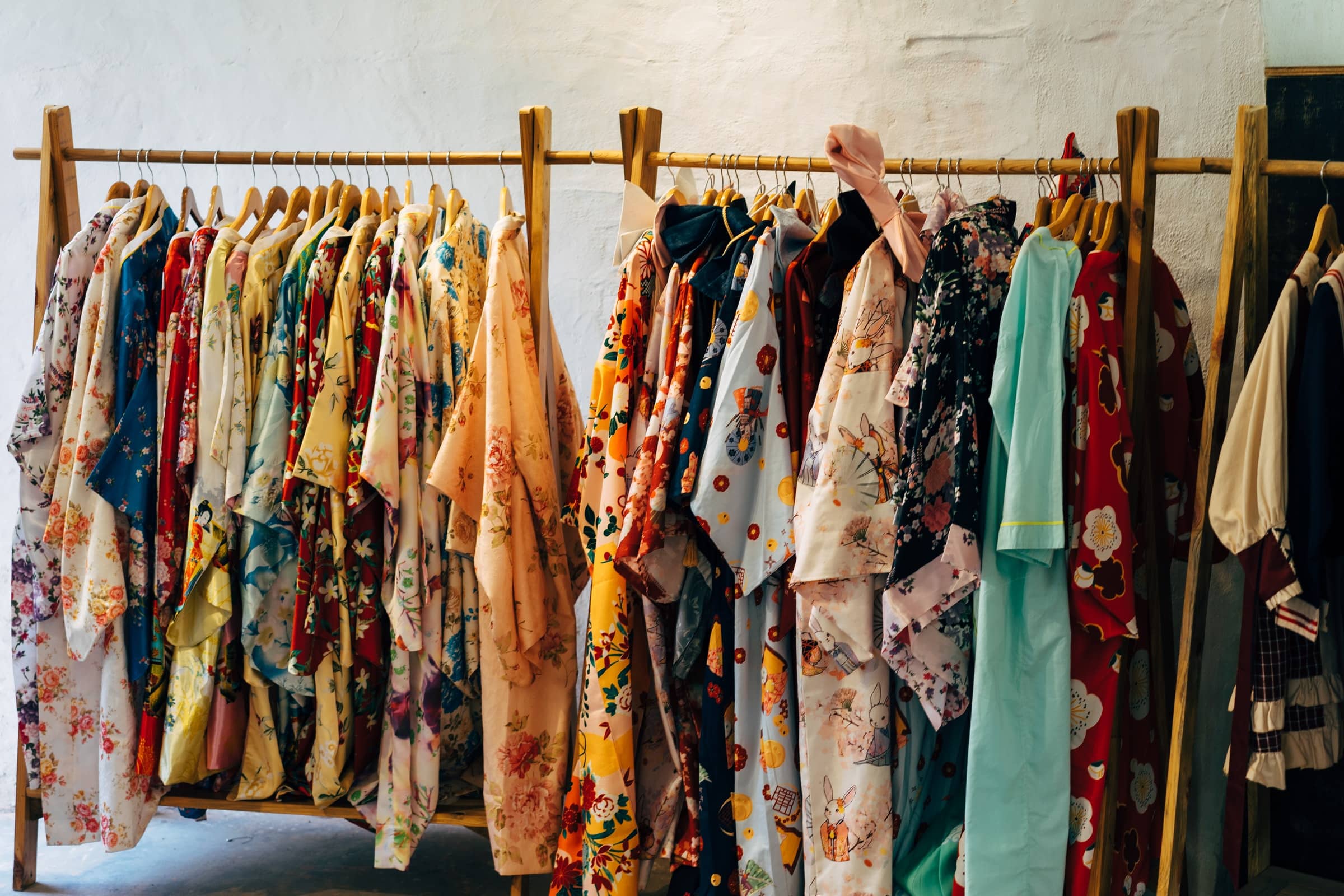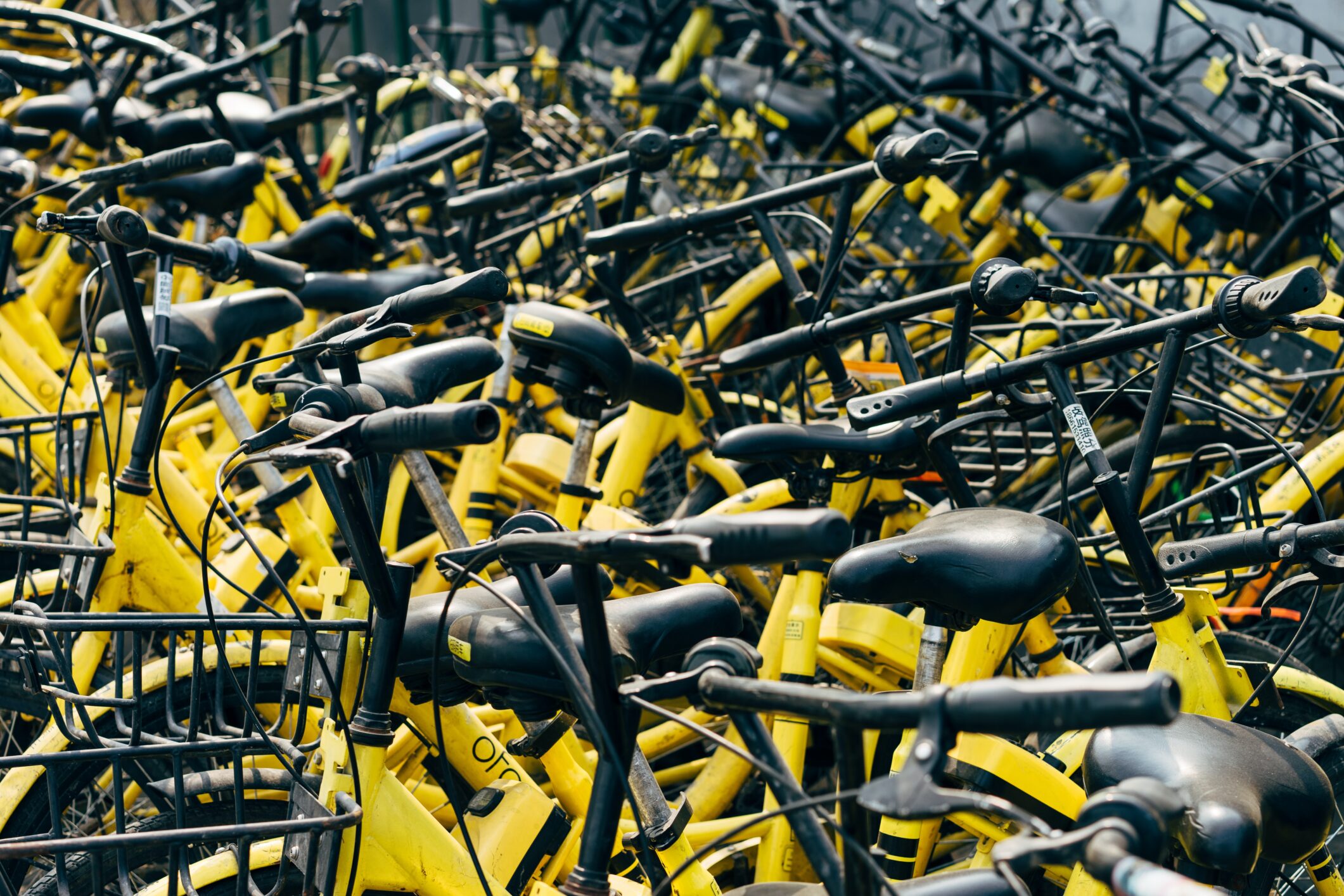If you subscribe to the notion that property is theft, then the shift to subscription-based living is perfect for you: we’re moving some way to a world where the concept of ownership is being fundamentally redefined.
The last few years have seen a dramatic increase in the number of subscription services across many areas, with people giving up traditional ownership and effectively leasing access to everything from books to cars. New areas of shared ownership are emerging by the day.
The concept of subscriptions, however, is as old as civilisation. For example, people have lived in accommodation owned by rent-collecting landlords for millennia.
The first subscription-based newspapers were born in the 17th century in Germany and the first subscriptions for technology came with the invention of the telephone: the Sydney telephone exchange opened, with 12 subscribers, on 11 October 1881.
Grocery delivery services by subscription may feel new, but daily milk deliveries became widespread in the UK in the early 1800s.
In more modern times, a number of fundamental shifts have enabled the subscription model to explode.

Gen Z are more willing to turn their backs on traditional ownership. Photo by Eliot Reyna on Unsplash
Firstly, nearly everyone in advanced economies has a bank account and credit or debit card. This is the lifeblood of the subscription model. Without ever having to shell out real cash, it’s just so easy to sign up and forget. The founder of media giant Comcast, Ralph Roberts, is said to have switched career tack from selling belts (a sporadic, one-off purchase) to buying a fledgling cable TV company then called American Cable Systems because he realised that the recurring, passive revenues from subscriptions would ultimately make for a better business (although he was also concerned that the emerging trend of elastic-waisted trousers would kill his business). With Comcast’s revenues of $103 billion in 2020, he wasn’t wrong.
Reducing the amount of stuff you buy and own is good for the planet
Secondly, there’s the internet. Digitalisation has changed everything, whether it’s the format of how things are delivered (music, film, TV etc) or the way it can be accessed and ordered at the click of a mouse (clothes, groceries, even cars). Layer on top of this the ability to subscribe to receive the product or service automatically and you have the easiest, ‘frictionless’ relationship ever between consumer and service provider.
Another key shift is in attitudes towards materialism. There’s clear evidence that younger generations are more willing than previous generations to renounce physical ownership of things. Yes, this is driven by the increasing unaffordability of everything from houses to cars, but it’s also part of a psychological shift.
A McKinsey study found that “for Gen Z – and increasingly for older generations as well – consumption means having access to products or services, not necessarily owning them. As access becomes the new form of consumption, unlimited access to goods and services (such as car-riding services, video streaming, and subscriptions) creates value. Products become services, and services connect consumers.”

Fashion rental options are becoming more popular. Photo by Markus Winkler on Unsplash
Alongside this is a realisation that simply reducing the amount of stuff you buy and own is good for the planet. This is the message that resonates strongly with an increasingly eco-conscious consumer base in many areas. Fashion is one of the worst culprits in terms of climate impact and there is a huge surge in interest in subscription clothes rental services. Steve Bryant, Founder of The Devout, says: “We’ve seen a large swing of customers looking to choose a more conscious way of living. With clothing rental, our customers tell us it’s a way they can still wear the clothes they want, but without creating waste by doing so. The reduction of waste and emissions caused by the fashion industry plays a key part in our messaging as we offer up a more sustainable way to shop for the new season and latest trends. We’re delighted that customers are making more conscious decisions and in turn supporting the sustainable future of fashion.”
To understand how pervasive subscriptions have become, you just need to look at how often we search the term online. Web searches using the term ‘subscription’ have more than doubled on Google relative to the site’s total search volume since 2004. Given that the number of all Google searches has increased from 86 billion per year in 2004 to somewhere between three and four billion per day according to Internet Live Stats, that’s a massive increase.
New things to subscribe to
Over and above the now ‘traditional’ services such as streaming media, shared bicycle schemes or healthy snacks, the list of services we are subscribing to has grown significantly over the last few years. Recent research found that the average person in the UK is now spending more than £500 a year on subscriptions.
New entrants to the space, such as car subscription services could drive up this spend a lot, where new companies such as On.To have monthly packages up to £1,299 for an Audi E-Tron.
If you’re a real high flyer, you might like to subscribe to a monthly private jet service such as NetJets, which would bump up your total by at least €8,500 a year excluding the actual cost of flights.
Back down to earth, you may want to ensure your camping supplies remain well-stocked at all times or just have a home maintenance service such as Super to help manage everyday needs from assembling furniture to wall-mounting your TV set.
The opportunities to sign up to pay monthly are expanding, seemingly infinitely. Whatever you want, if it doesn’t exist on subscription yet, it certainly will do soon.





